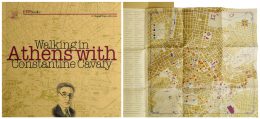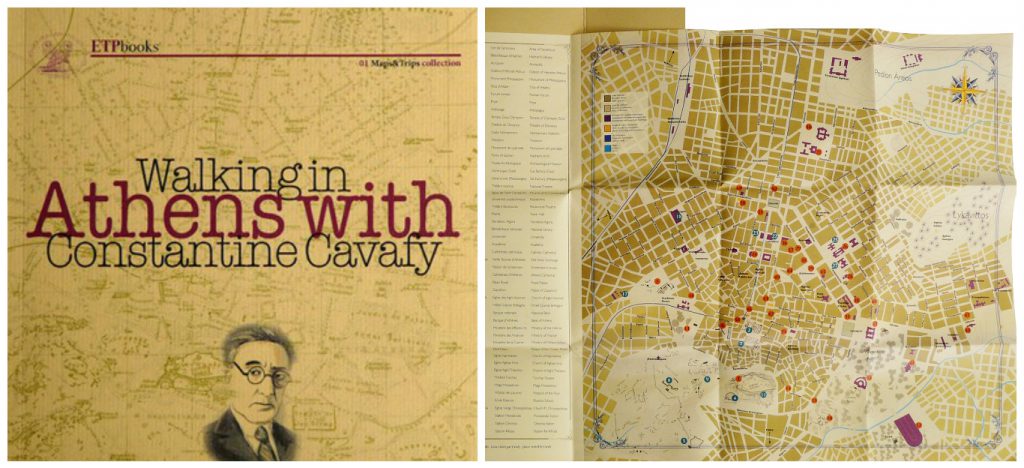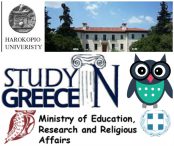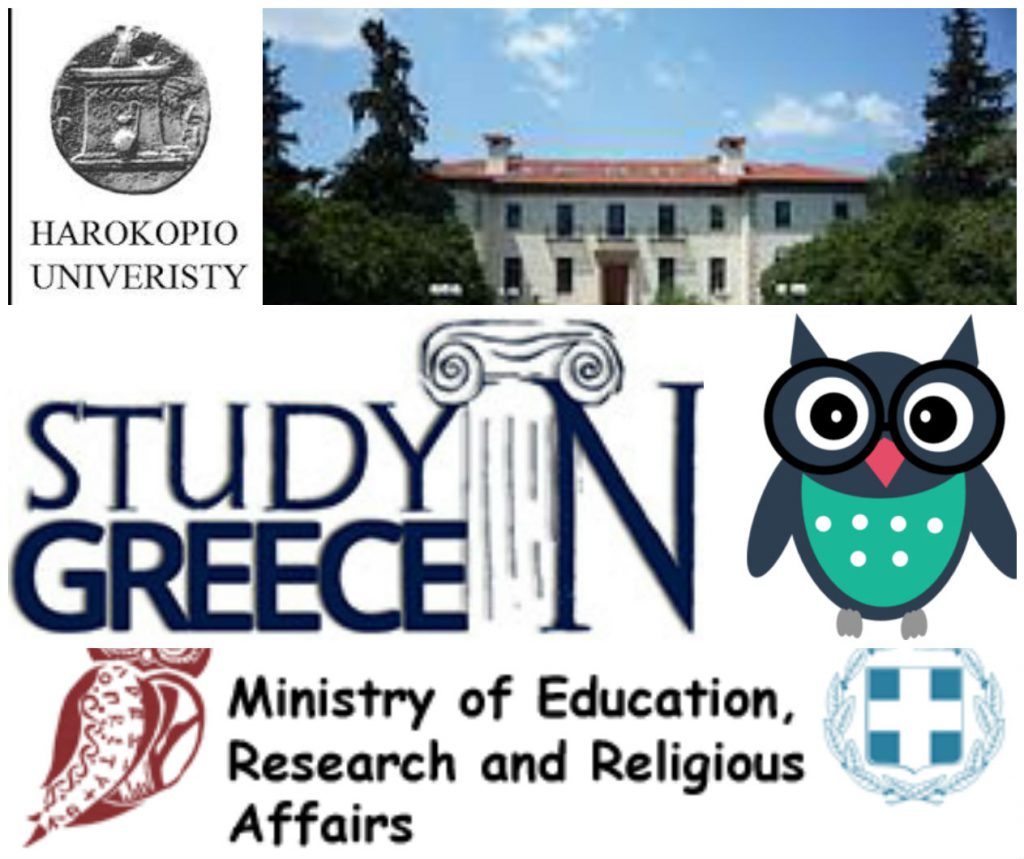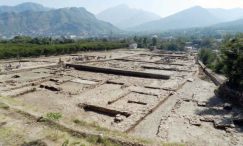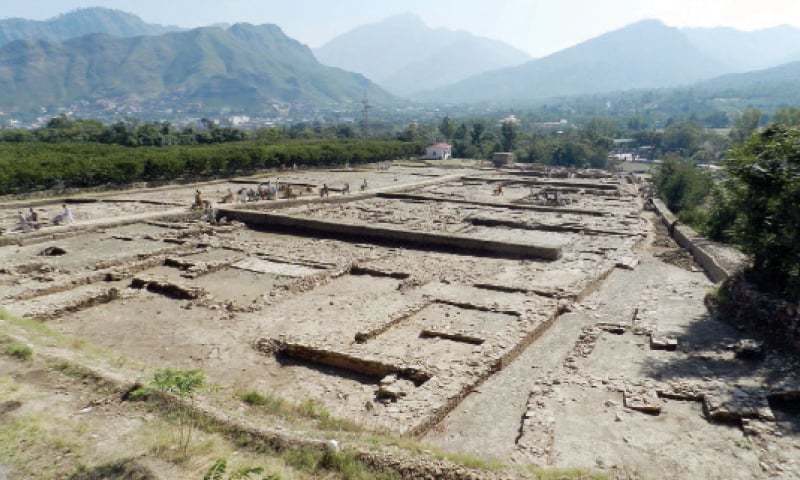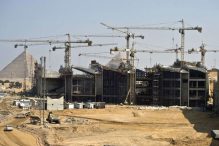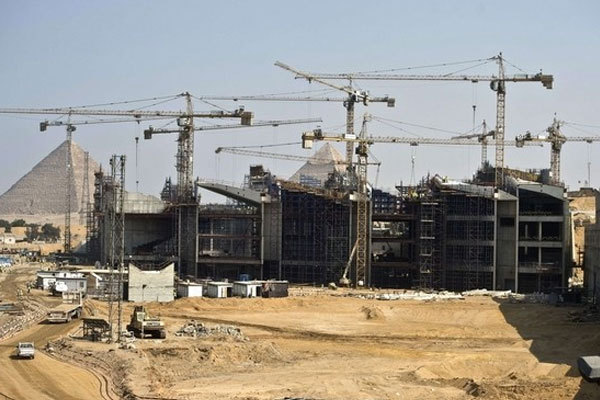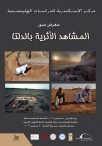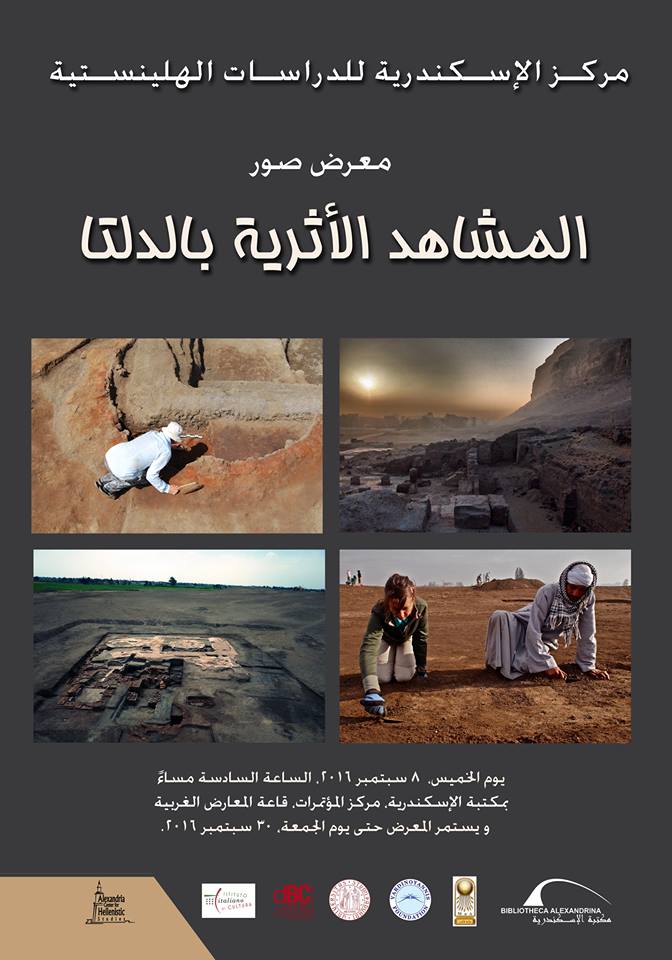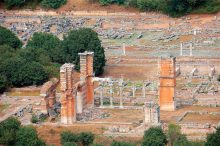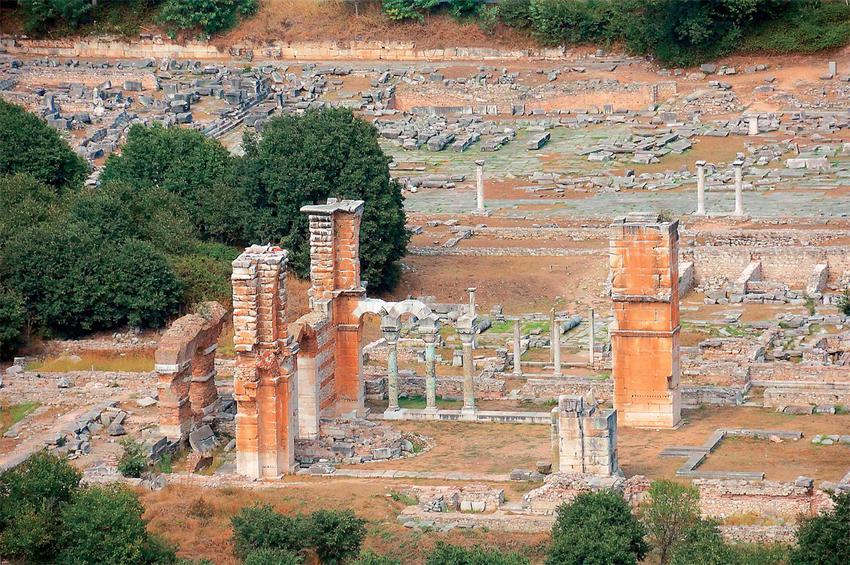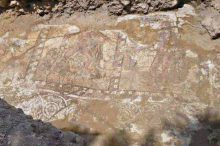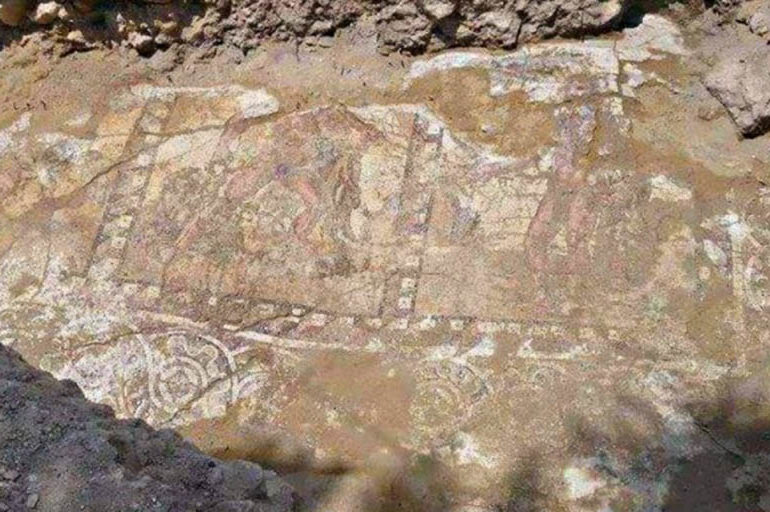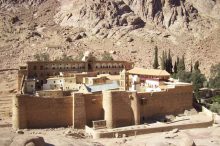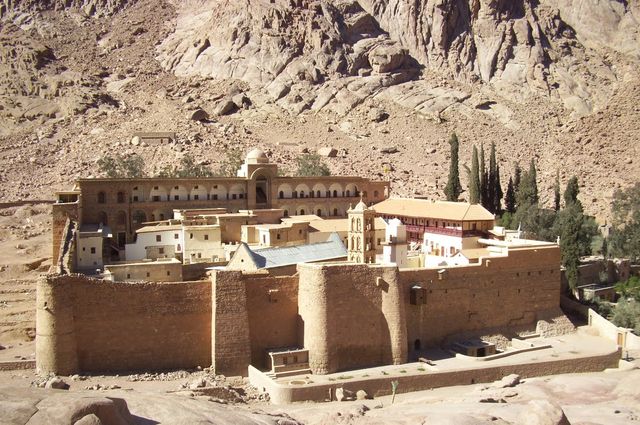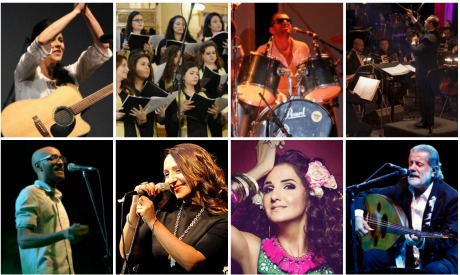 The Bibliotheca Alexandrina’s 14th annual International Summer Festival will take place between 29 July and 8 September, offering a rich programme for all musical tastes alongside film screenings, plays and theatre.
The Bibliotheca Alexandrina’s 14th annual International Summer Festival will take place between 29 July and 8 September, offering a rich programme for all musical tastes alongside film screenings, plays and theatre.
Organised by the Bibliotheca Alexandrina Arts Centre, this year’s edition will bring over 40 cultural events, ranging from music and theatre to film and traditional dance, to the Mediterranean city.
The music programme promises a vibrant line-up with concerts by an array of established singers and musicians from Egypt and the region, from opening act Marcel Khalife to Soad Massi closing the festival, from independent rock and fusion bands to jazz, folklore and orchestral music.
The festival will be topped with several film screenings and plays
Events take place across a variety of venues at the Bibliotheca Alexandrina in Alexandria. Events start at 8:30pm unless otherwise noted.
Friday 29 July
Marcel Khalife (Lebanon)
Great Hall
Saturday 30 July
Basata band (Egypt)
Open Air Theatre
Sunday 31 July
El Nafeekha band (Egypt)
Open Air Theatre
Monday 1 August
Kathakali dance (India)
Open Air Theatre
Tuesday 2 August
Samaei band (Egypt)
Open Air Theatre
Wednesday 3 August
Eftekasat band (Egypt)
Open Air Theatre
Thursday 4 August
Faia Younan (Syria)
Open Air Theatre
Friday 5 August
Hani Shaker (Egypt)
Open Air Theatre
Saturday 6 August
Concert conducted by Selim Sahab (Egypt)
Open Air Theatre
Aqsa Alwasat band (Egypt)
Small Theatre
Sunday 7 August
‘Music from here’ concert with bands Soot Fel Zahma and Wasla (Egypt)
concert in cooperation with Goethe Institute in Alexandria
Open Air Theatre
Monday 8 August
Music concert
Open Air Theatre
Tuesday 9 August
Folkloric bands from Nubia and Sudan
Open Air Theatre
Wednesday 10 August
Boghdadi band performs jazz music (Egypt)
Open Air Theatre
Thursday 11 August
Fouad and Mounib (Egypt)
Open Air Theatre
Friday 12 August
Black Theama band (Egypt)
Open Air Theatre, 9pm
Saturday 13 August
Ali El Haggar (Egypt)
Open Air Theatre
Birthday of a Marionette: Theatre dance (Egypt)
Director and choreographer: Mohamed Abdel Sabour
Small Theatre, 8pm
Sunday 14 August
Massar Egbari band (Egypt)
Open Air Theatre
Jazz music (Slovenia)
Small Theatre, 8pm
Monday 15 August
Ali El-Helbawy (Egypt)
Open Air Theatre
Tuesday 16 August
Omar Khairat accompanied by the Bibliotheca Alexandrina Orchestra (Egypt)
Great Hall
Wednesday 17 August
Omar Khairat accompanied by the Bibiotheca Alexandrina Orchestra (Egypt)
Great Hall
Thursday 18 August
The Jets Band (Egypt)
Open Air Theatre
Friday 19 August
Qarar Ezala band (Egypt)
Open Air Theatre
A play for children (Egypt)
Small Theatre, 7:30pm
Saturday 20 August
Bibliotheca Alexandrina Orchestra conducted by Khaled El-Showeikh (Egypt)
Open Air Theatre
A play for children (Egypt)
Small Theatre, 7:30pm
Sunday 21 August
The Wave Jazz band (Egypt)
Open Air Theatre
Monday 22 August
Sheikh Alzain (Egypt)
Open Air Theatre
Tuesday 23 August
Karakeeb band (Egypt)
Open Air Theatre
Wednesday 24 August
Ahmed Al Haggar (Egypt)
Open Air Theatre
Thursday 25 August
Two bands: Storm and Zajel (Egypt)
Open Air Theatre
Friday 26 August
Rima Khcheich (Lebanon)
Open Air Theatre
Star of Orient: a theatre play for children (Sweden)
Small theatre, 7:30pm
Saturday 27 August
Sound of Egypt orchestra conducted by Ahmed Atef (Egypt)
Open Air Theatre
Star of Orient: a theatre play for children (Sweden)
Small theatre, 7:30pm
Sunday 28 August
Music from Here concert with bands Telepoetic and Disorder (Egypt) in cooperation with Goethe Institute in Alexandria
Open Air Theatre
“Five short films in four days” – screening series of films by Egyptian filmmakers
Day 1: Screening of Aida by Maysoun El-Masry
Film duration: 20 mins
Screening will be followed by discussion with the director
Auditorium hall, 8pm
Monday 29 August
Andromida band (Egypt)
Open Air Theatre
“Five short films in four days” – screening series of films by Egyptian filmmakers
Day 2: Screening of Sunflower Lane by Mayye Zayed
Film duration: 14 mins
Screening will be followed by discussion with the director
Auditorium hall, 8pm
Tuesday 30 August
Hanan Madi performs with the Sound of Egypt orchestra conducted by Ahmed Atef (Egypt)
Open Air Theatre
“Five short films in four days” – screening series of films by Egyptian filmmakers
Day 3: Screening of Tree (10 mins) and ‘Tashkeel’ (12 mins) by Mohamed Mostafa
Screenings will be followed by discussion with the director
Auditorium hall, 8pm
Wednesday 31 August
Bands High Dam and Mina
Open Air Theatre
“Five short films in four days” – screening series of films by Egyptian filmmakers
Day 4: Screening of Har Gaf Sayfan by Sherif El Bendary
Film duration: 30 mins
Screening will be followed by discussion with the director
Auditorium hall, 8pm
Thursday 1 September
Cairo Celebration Choir conducted by Nayer Nagui (Egypt)
Open Air Theatre, 9pm
Friday 2 September
Family day across many spaces of the Bibliotheca Alexandrina with activities targeting the youngest audience members and whole families
Saturday 3 September
Tania Saleh (Lebanon)
Open Air Theatre
Sunday 4 September
Palestinian folklore band
Open Air Theatre
Until Proven the Opposite: A play (Egypt)
directed by Mohamed Osama Ata
Small Theatre, 8pm
Monday 5 September
Traditional music from India
Open Air Theatre
Until proven the opposite: A play (Egypt)
directed by Mohamed Osama Ata
Small Theatre, 8pm
Tuesday 6 September
Shawarena band (Egypt)
Open Air Theatre
Crazy Accident: A play (Egypt)
written by Lenin El-Ramli and directed by Yasmine Saeed
Small Theatre, 8pm
Wednesday 7 September
Mohamed Mohsen (Egypt)
Open Air Theatre
Thursday 8 September
Soad Massi (Algeria)
Open Air Theatre
(english.ahram.org.eg)
 At the initiative of the Council of Europe, Strasbourg, the European Day of Languages has been celebrated every year since 2001 on the 26th of September. Its goal is to encourage plurilingualism, intercultural diversity and cross-cultural understanding through events held worldwide. This year in Alexandria, Egypt an interactive festival will be hosted at the Bibliotheca Alexandrina. At this event participants will be able to experience different European countries first-hand by exploring various languages and their culture: English, French, German, Greek, Italian, Lithuanian, Spanish and
At the initiative of the Council of Europe, Strasbourg, the European Day of Languages has been celebrated every year since 2001 on the 26th of September. Its goal is to encourage plurilingualism, intercultural diversity and cross-cultural understanding through events held worldwide. This year in Alexandria, Egypt an interactive festival will be hosted at the Bibliotheca Alexandrina. At this event participants will be able to experience different European countries first-hand by exploring various languages and their culture: English, French, German, Greek, Italian, Lithuanian, Spanish and 
